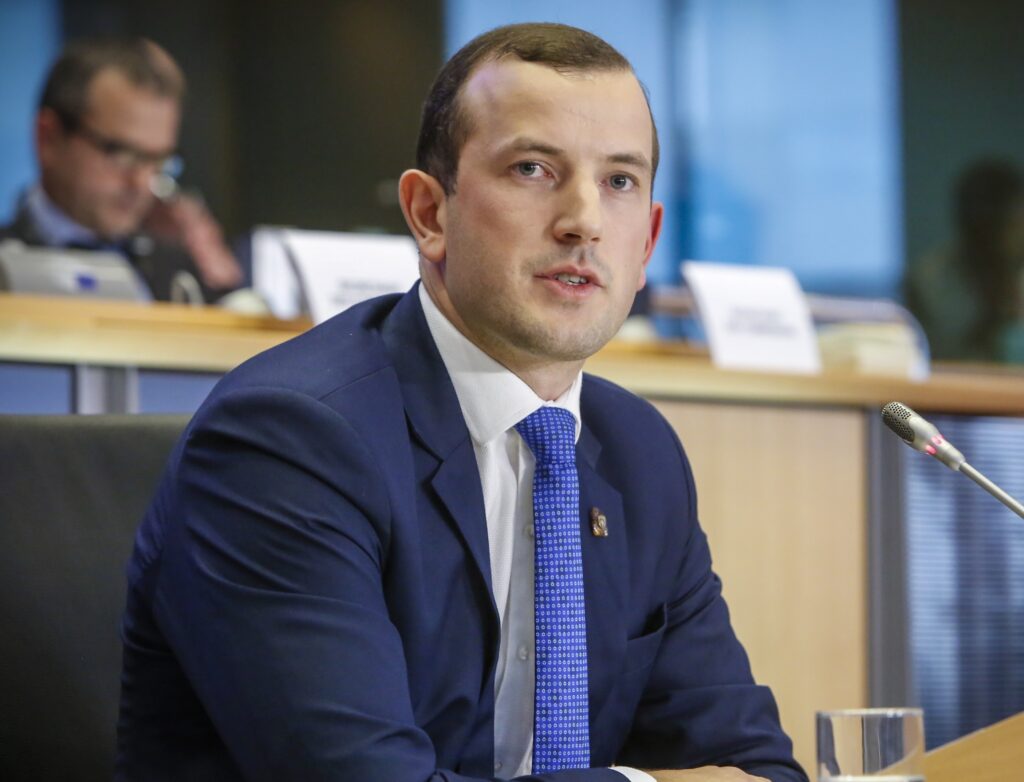PARIS: The Covid-19 pandemic and the restrictions put in place to halt the spread of the novel coronavirus have had psychological repercussions on teens and young adults in the US.
To cope with the situation, many have found comfort in social media.
While the pandemic’s consequences on physical health and the economy are immediately obvious, its repercussions on the mental health of teenagers and young adults are more difficult to bring to light.
Nevertheless, they are of constant concern to researchers in the US – and rightly so.
In fact, almost 40% of young people aged 14 to 22 in the country reported experiencing symptoms of “moderate to severe” depression in 2020, according to a recent survey from Common Sense.
Only a quarter said the same thing in 2018. The phenomenon is even more marked among young Americans with a close relation who caught covid-19.
The researchers also found that more than one in five teens and young adults reported that social media was “very” important to them, whether for getting support and advice when needed (20%), feeling less alone (21%), getting inspiration from others (23%) or expressing themselves creatively (25%).
Moreover, young Americans suffering from depression proved even more likely to consider social media “very” important than those without depression.
The beneficial effects of social media
Contrary to what you might think, the use of social media and other online resources can have a positive impact for 14 to 22-year-olds experiencing feelings of depression, stress or anxiety.
“I looked at several depression and anxiety subreddits [Ed. discussion forums on Reddit], found good advice and different ways to look at the problem,” said one 22-year-old as part of the Common Sense survey.
Just 17% of the young people surveyed didn’t share this opinion, saying that using social media made them feel worse.
The researchers did, however, find notable differences between different demographic groups when it comes to using websites offering information about health and well-being.
Female teens and young adults were more likely than males to look for health information online about anxiety, depression, stress or eating disorders.
More surprisingly, 14-22-year-old Afro-Americans proved less likely to look for health information online than other young people of their age (77% vs. 86%).
Like many Americans, 14-22-year-olds also tended to use health-related mobile apps last year.
This trend was more marked among young adults, who notably made use of apps relating to sleep (30%) and stress reduction (17%).







